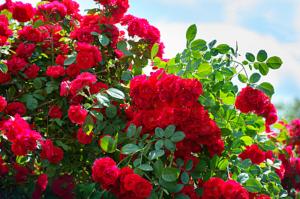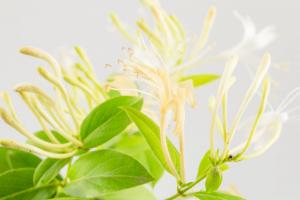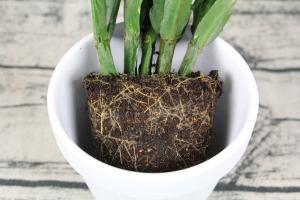Is Tap Water Bad for Weed Plants?
As an avid cannabis grower, you want to ensure that your plants receive the best care possible. One of the most common questions that arise the moment you start your cannabis-growing journey is whether tap water is suitable or harmful to the plants. In this article, we will answer this question and more.
The Composition of Tap Water
Tap water is the most widely used resource for watering plants, and its composition varies depending on the locality. Typically, tap water in the United States and Canada contains chlorine, fluorine, and trace amounts of metals like sodium, calcium, and magnesium. These chemicals can impact the overall health and growth of cannabis plants.
The Effects of Chlorine and Fluorine on Cannabis Plants
Chlorine and fluorine are commonly added to tap water to kill bacteria and make it safer for consumption. However, these chemicals are not suitable for cannabis plants, as they can negatively impact growth and development. Chlorine and fluorine can damage the beneficial microbes and bacteria found in the soil, which are critical for nutrient uptake by cannabis plants.
In addition to harming the soil microbiota, the chemicals can also cause discoloration or burning of the leaves, stunted growth, and poor yields. Furthermore, they can affect the taste and aroma of the final product, making it less enjoyable to consume.
Alternative Watering Methods
If you've discovered that your tap water contains high levels of chlorine and fluorine, there are alternative watering methods you can use. One such method is to allow your tap water to sit overnight before using it to water your plants. This will give the chemicals time to evaporate from the water, reducing their harmful effects on the plants.
Alternatively, you can invest in a water filtration system that can remove chemicals and heavy metals from your tap water. These systems range from simple faucet attachments to larger, whole-house systems that can improve the quality of your household's drinking water.
Conclusion
While tap water is a readily available source of water for cannabis plants, its composition can impact the plant's growth and yield. Chlorine and fluorine are two common chemicals found in tap water that can negatively affect the soil microbiota, the plant's health, and the final product's taste and aroma. To ensure optimal growth and development of your cannabis plants, consider alternative watering methods or invest in a water filtration system to remove harmful chemicals from the tap water.

 how many times do yo...
how many times do yo... how many planted tre...
how many planted tre... how many pine trees ...
how many pine trees ... how many pecan trees...
how many pecan trees... how many plants comp...
how many plants comp... how many plants can ...
how many plants can ... how many plants and ...
how many plants and ... how many pepper plan...
how many pepper plan...






























